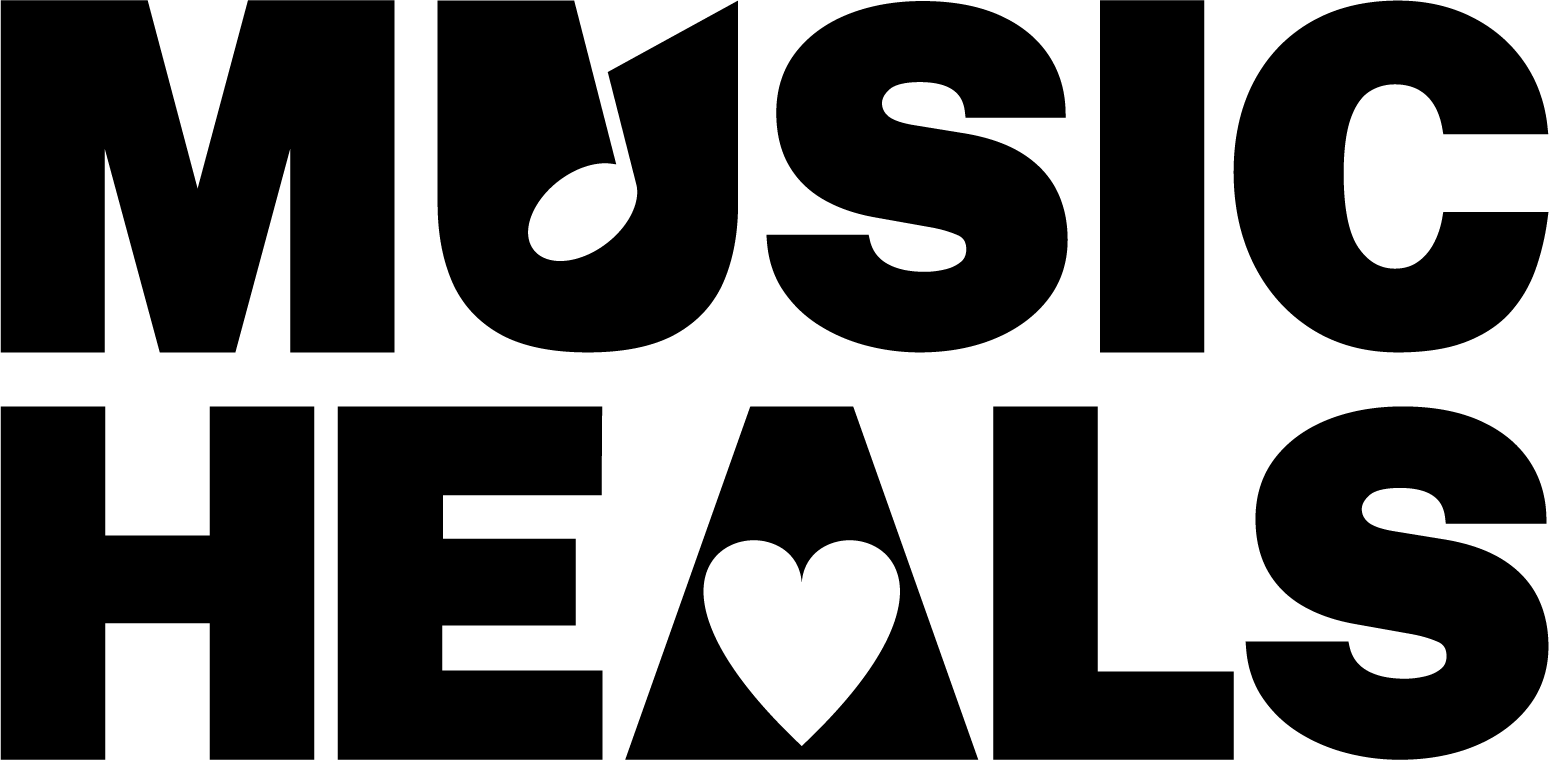Keeping Live Music and Therapeutic Relationship Central to Research
November 10, 2013

Sunday, Nov 10, 2013
Written by John Mondanaro MA, MT-BC, LCAT, CCLS
John Mondanaro MA, MT-BC, LCAT, CCLS is the Clinical Director of the Louis & Lucille Armstrong Music Therapy Program at Beth Israel Medical Center in New York City where he oversees all national and international training. He is a published writer and composer, and most recently co-edited the text: Music and Medicine: Integrative Models in the Treatment of Pain. Music Heals is excited to share with you John’s picture of the progressive research taking place at the Louis Armstrong Center for Music and Medicine! There is lots happening folks, let’s stay informed!
————————————————————————————————————————
The past 70 years has borne witness to the burgeoning of a tremendous body of anecdotal literature on the efficacy of music therapy. With the emergence of a new paradigm in healthcare marked by greater integration however, the music therapy profession has been charged with the task of not only substantiating this body of literature with randomized-controlled research methods, but furthermore to balance the rapidly growing body of music medicine research that has, in its own right, sparked dialogues in the medical world as to the efficacy of music in treatment. Unfortunately, this growing body of music medicine research has precluded the importance of therapeutic relationship and live music.
The research efforts of the Louis Armstrong Center for Music and Medicine under the direction of Dr. Joanne Loewy MT-BC, LCAT since the program’s inception in 1994, encapsulate the department’s long standing conviction to delivering clinical care based on solid research engendered with all the nuances made possible within the experiences that music therapy can provide. Loewy’s conviction to keeping live music and therapeutic relationship central to research has been the defining criteria of ongoing clinical trials in their IRB reviewed projects put forth by the Louis Armstrong Center for Music and Medicine at New York’s Beth Israel Medical Center. Eleven such studies over the past eight years have ranged in focus from the measurable effects of music as sedation over anesthesia to the positive effects of music therapy interventions on the vital functions of premature infants in the NICU.
Other studies focusing on the psychosocial wellbeing and pulmonary functioning of adults and children living with COPD and asthma respectively are in the final stages of publication. On other fronts, the center is studying the effects of music therapy on tension release in the treatment of spinal pain, and environmental music in the modulation of toxic sound environments in hospitals. Finally, studies on the effects of music therapy on state anxiety among patients undergoing radiation therapy, and on resiliency among patients receiving chemotherapy mark yet another important focus of the center’s cancer care. The latter will be featured amidst other work by international leaders in cancer care at the center’s upcoming symposium “Converging Disciplines at the Crossroads of Cancer Care”, to be held on January 27th and 28th, 2014.
The Louis Armstrong Center for Music and Medicine has remained a pioneering leader in the domain of medical music psychotherapy. The department’s adherence to producing important research, quality clinical care, outreach, and education, has produced an impressive portfolio that can be perused at www.musicandmedicine.org and on Louis Armstrong Center for Music and Medicine on Facebook.
Written by John Mondanaro MA, MT-BC, LCAT, CCLS
Note: This post is used with permission from the author.
Are you a music therapist, music therapy intern, or a professional in a field related to Music Therapy that has something to share on the Music Heals blog?
Submissions should include to links to your website and any social media channels you would like included in the article.
Submissions may be edited for length and photos for publication will require a waiver, which will be provided.Submissions should be sent to Alexina Davis: blog@musicheals.ca




